The 10 Most Influential People in American History
Advertisement
There are many important figures in American history, who have made great contributions to the advancement of American history. Here we’ve listed 10 most influential people in American history of all time. Keep reading to know what they are.
10. Benjamin Franklin
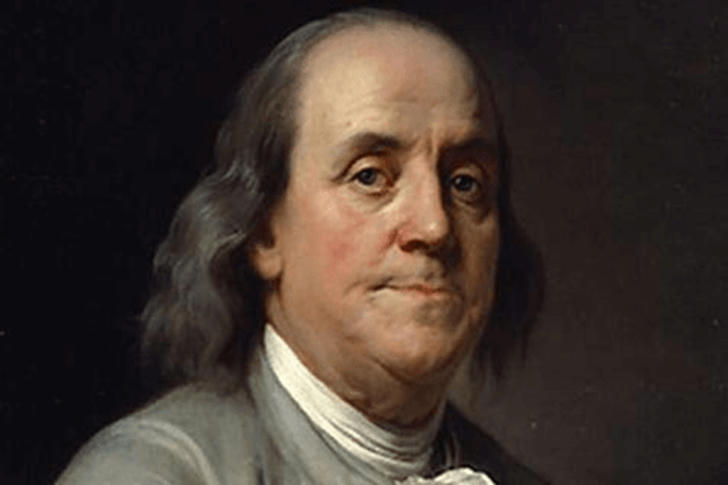
Benjamin Franklin, born in Boston, Massachusetts, is a well-known American politician and physicist. He is also a publisher, printer, journalist, writer, and philanthropist; he is also an outstanding diplomat and inventor.
9. Franklin Delano Roosevelt
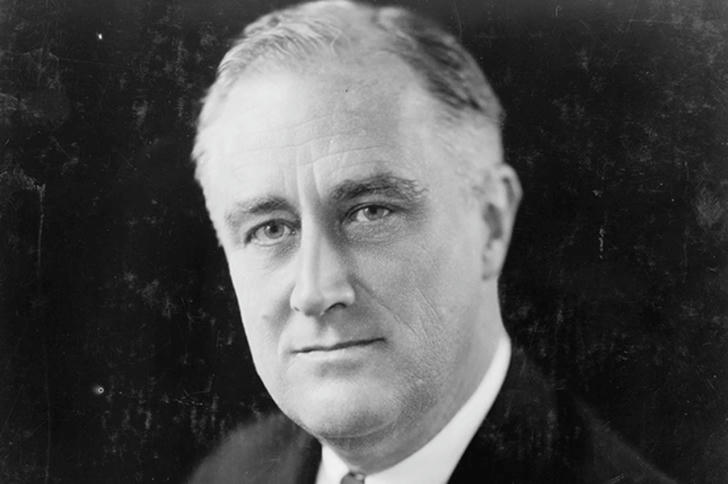
Franklin Delano Roosevelt (March 4, 1933 to April 12, 1945) was the nation's longest-serving president. During his tenure of the Great Drepression, Roosevelt introduced the New Deal to provide unemployment relief and economic recovery, and established numerous institutions to reform the economy and the banking system, saving the United States from the abyss of the economic crisis, and some of the plans he initiated continue to play an important role in the country's commerce.
8.Thomas Jefferson
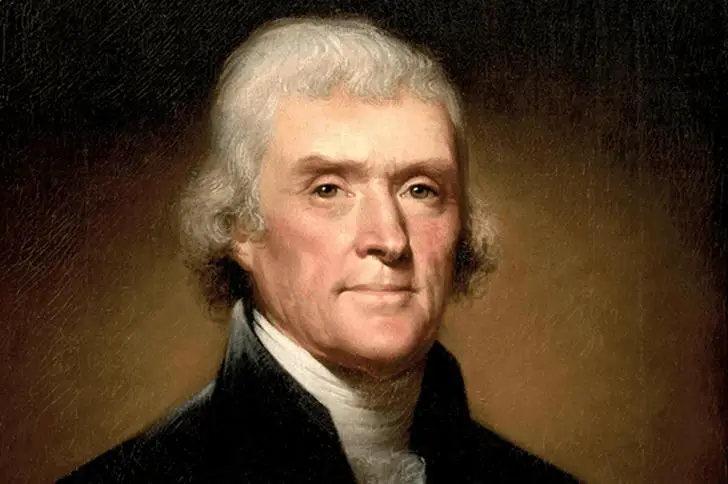
Thomas Jefferson, the third president of the United States of America (1801-1809), was also one of the founding fathers of the United States. He was also known as the three founders of the United States along with Washington and Benjamin Franklin.
In addition to political career, Jefferson is also an expert in agriculture, horticulture, architecture, etymology, archaeology, mathematics, cryptography, surveying, and paleontology; he is also a writer, lawyer and violinist; also Founder of the University of Virginia. Many people think that he is the most intelligent of all the American presidents.
7. Barack Hussein Obama
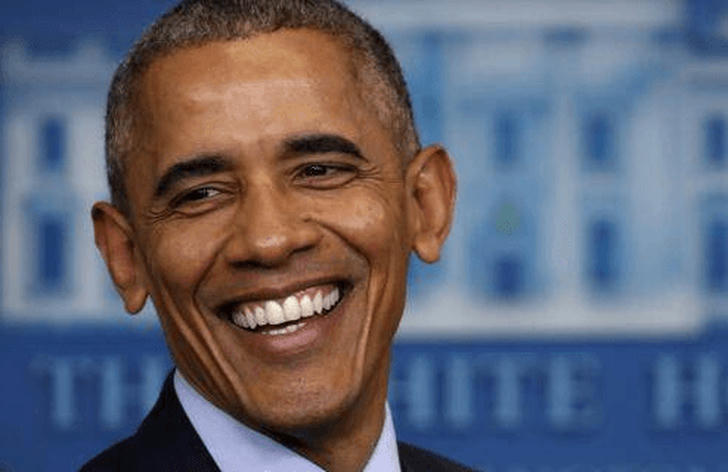
Barack Hussein Obama, a Democratic politician of the United States, the 44th President of the United States, and the first African-American president in the history of the United States. In the eight years of Obama’s administration, the U.S. economy went from recession to recovery and created a large number of jobs. The annual income of U.S. households was the largest increase in U.S. history in 2016.
6. Susan Brownell Anthony
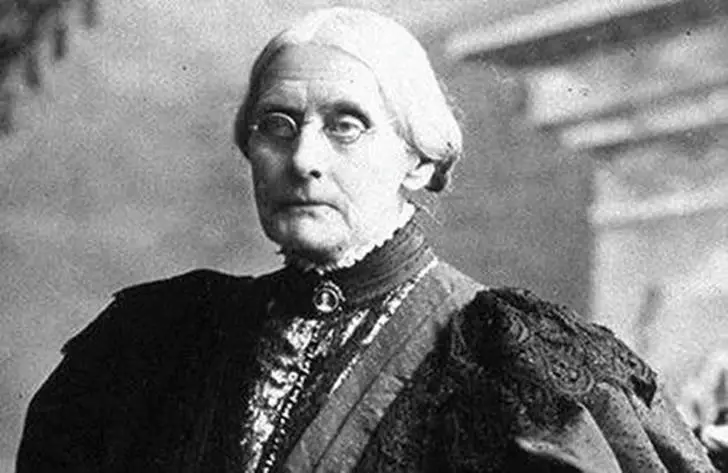
She and Elizabeth Cady Stanton were the co-founders of the first women's prohibition movement, and she was also one of the founders of the magazine "Revolution". She has traveled around the United States and Europe, delivering an average of 75 to 100 speeches per year. She is one of the important leaders in the process of women's rights being recognized and legalized by the US government.
5. Harry S. Truman
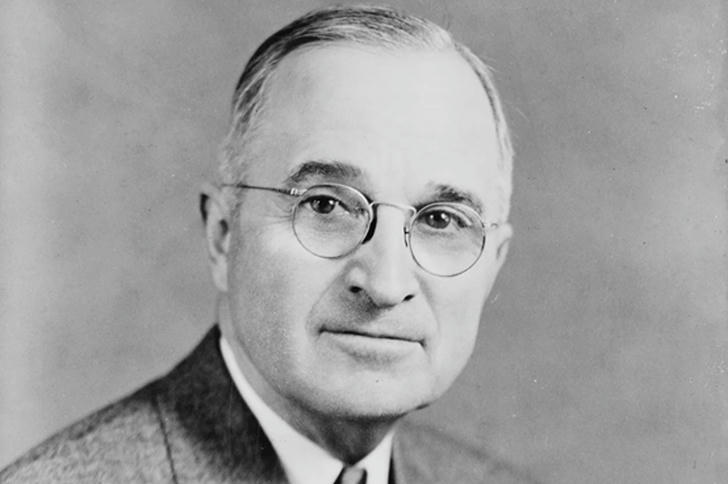
Following Roosevelt's death, Truman guided the U.S. through the closing months of World War II, including the decision to use the new atomic bombs on Hiroshima and Nagasaki in Japan. In the years after the war, relations with the Soviet Union quickly deteriorated into a "Cold War" that would last until the 1980s. Under Truman's leadership, the U.S. launched the Berlin Airlift to combat a Soviet blockade of the German capital and created the multi-billion-dollar Marshall Plan to rebuild war-torn Europe.
4. Neil Alden Armstrong

While serving in the National Aeronautics and Space Administration, Armstrong became the first astronaut to set foot on the moon on July 21, 1969, and the first human member to leave footprints on an extraterrestrial body. Zy Aldrin also became the second person to return safely after landing on the moon, and the two stayed on the moon's surface for two and a half hours.
3. Martin Luther King
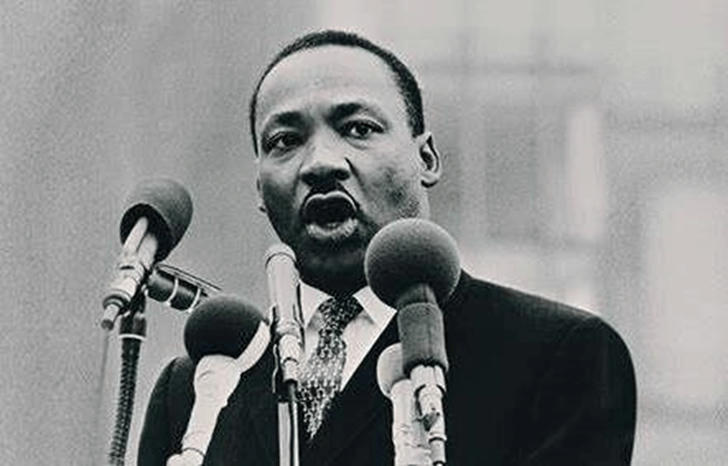
Martin Luther King, African-American, was born in Atlanta, Georgia, USA, an American pastor and social activist.
Martin Luther King gave a speech "I have a dream" on the steps of the Lincoln Memorial; in the same year, Martin Luther King became the Person of the Year in Time Magazine. In 1964, Martin Luther King was awarded the Nobel Peace Prize.
2. George Washington
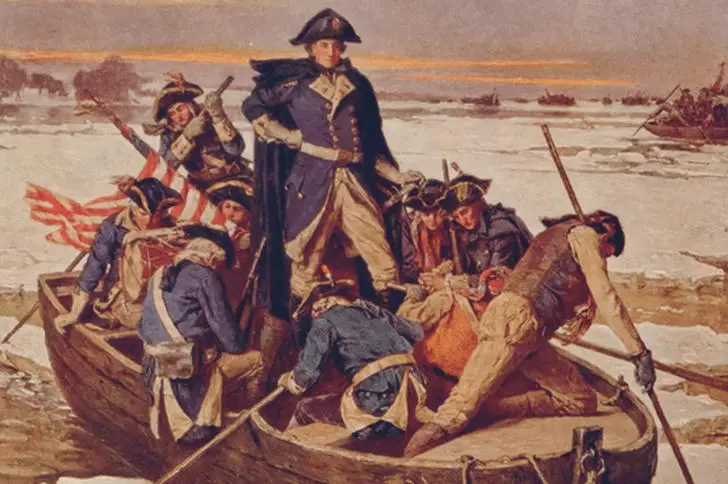
Known as the father of the nation, George Washington (April 30, 1789 to March 4, 1797) served as the first president of the United States. Washington served in the British Army in his early years, and was commander-in-chief of the Continental Army during the American Revolutionary War from 1775 to 1783. In 1787, he presided over the constitutional convention and formulated the "U.S. Constitution" to replace the "Confederate Regulations." He was elected President of the United States in 1789, won re-election in 1793, and served as President until 1797. During his two terms in office, he established far-reaching policies and traditions.
1. Abraham Lincoln
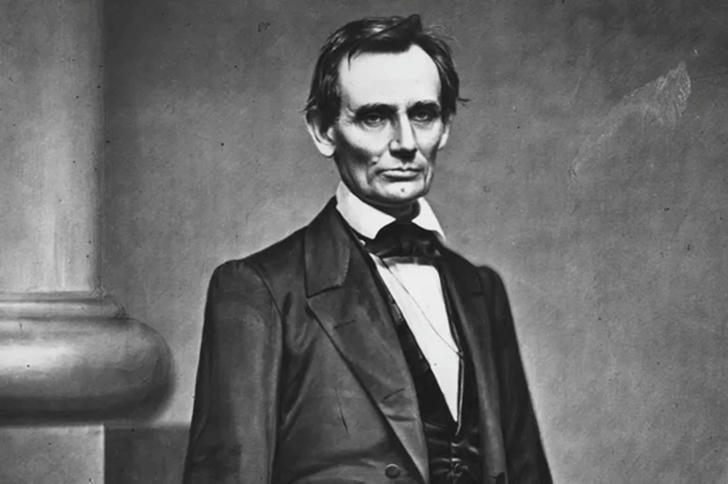
If not for Abraham Lincoln (March 4, 1861 to April 15, 1865), who presided during the American Civil War, the U.S. might look completely different today. In November 1860, Lincoln was elected President of the United States. Lincoln guided the Union through four bloody years of conflict, abolished enslavement with the Emancipation Proclamation, and at the war's end laid the foundation for reconciliation with the defeated South.
Abraham Lincoln defended the rights of all people, regardless of race, to be born equal in the United States of America and its territories.



